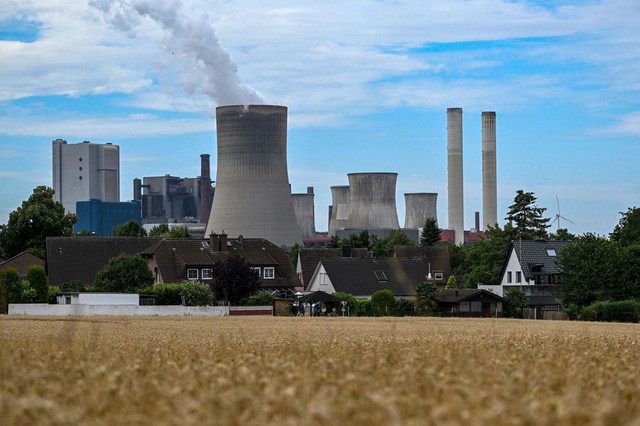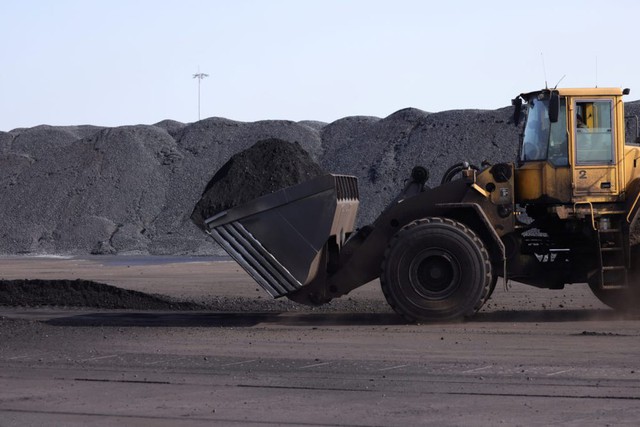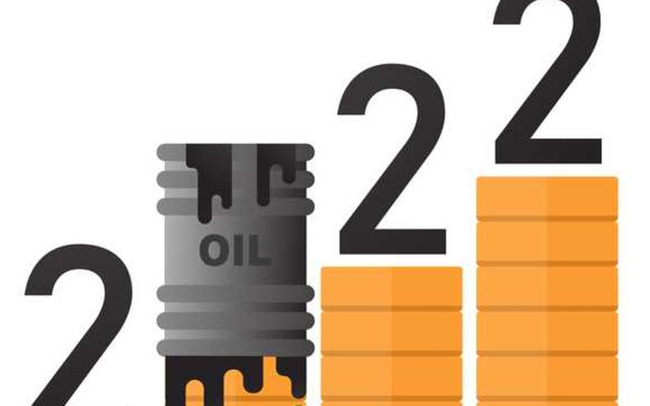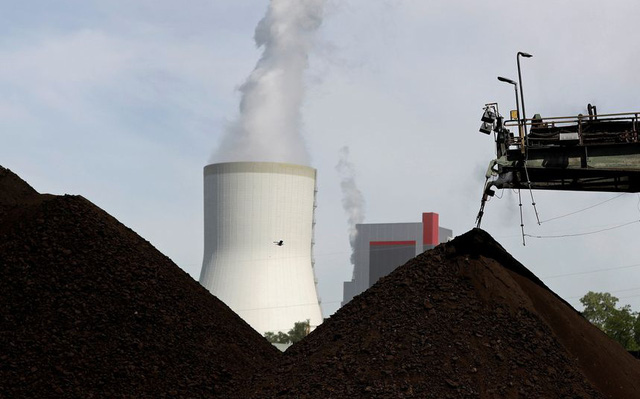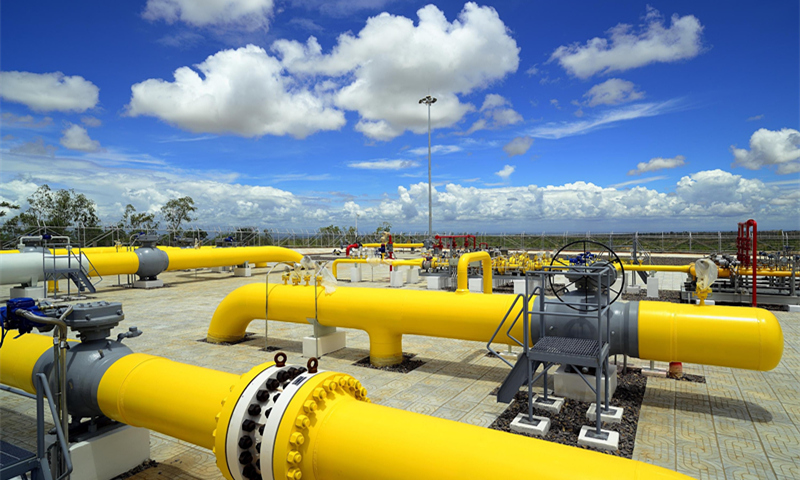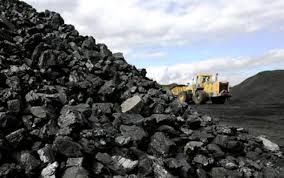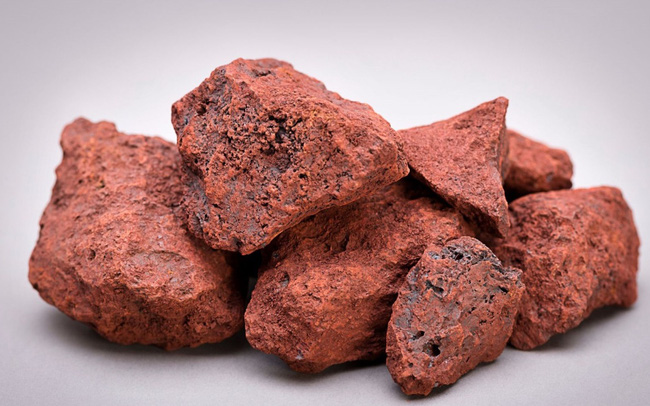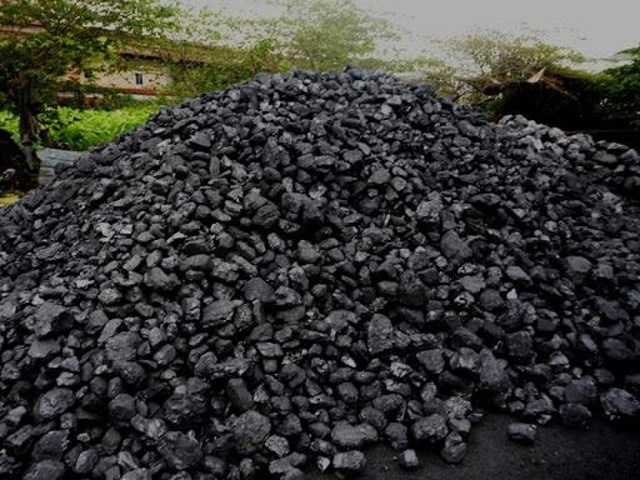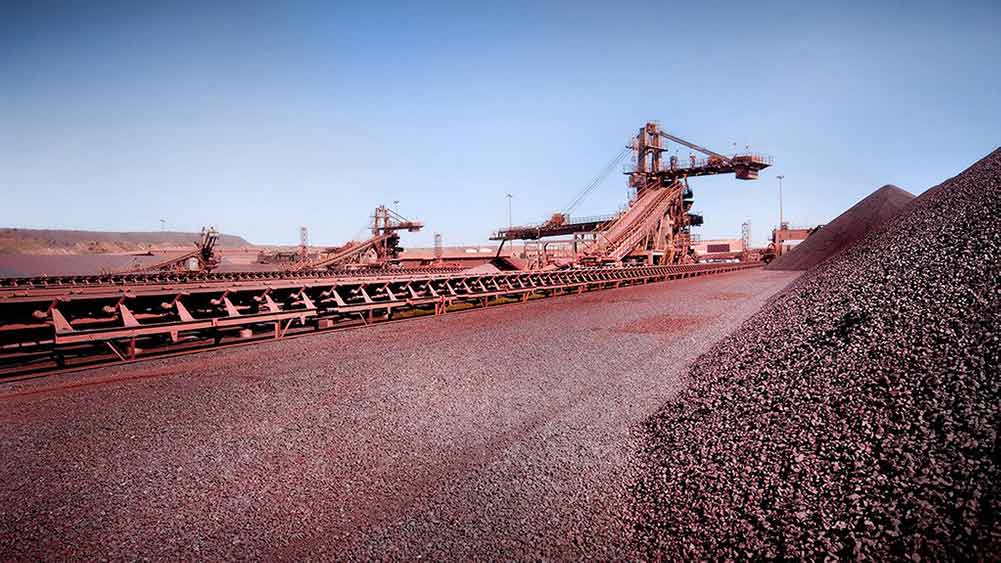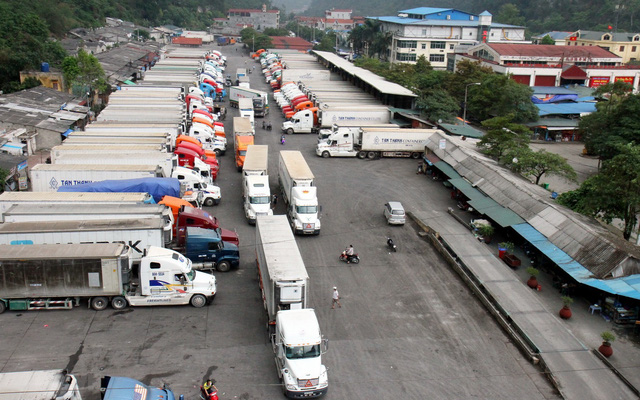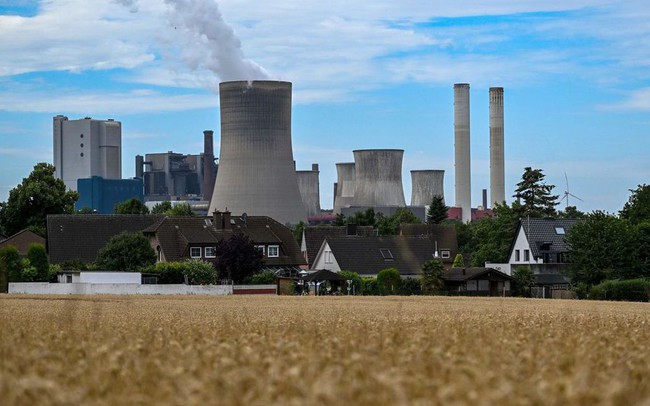
Some EU countries have decided to restart old coal power plants to overcome the very serious energy shortage. Photo: Getty Images
Coal crisis is lurking in Europe
According to Politico (USA), when Europe is facing the worst energy crisis in decades due to the impact of the conflict in Uk33331
rain, European governments are scrambling to hoard gas for the winter. But another fuel could soon become in short supply: coal.
Although this highly polluting fuel has been excluded from the European Union’s (EU) energy policy which seeks to cut emissions, coal consumption is still increasing as some countries, including Austria and the Netherlands, restarting old coal-fired plants or increasing capacity of existing plants to save gas.
The problem is that the EU will soon lose its biggest coal supplier: The bloc imposed sanctions on Russian coal in April and banned further imports starting on August 10.
That means the 2 million tonnes of coal the EU will import from Russia by the end of July will be the final shipment, said Alex Thahackah, senior coal analyst at market consulting firm Argus Media.
Add to that the severe logistical challenges of sourcing and transporting fuel from elsewhere, and “it will certainly be a challenge to get enough coal this winter,” said Thahackah. .
Mr. Thakrah said that Indonesia, South Africa and Colombia are all potential suppliers, but EU countries will have to pay “extremely high” prices to buy the high-energy coal commonly used in the bloc.
Coal prices at API2 Rotterdam – considered the European standard – hit $380/ton last week, more than four times higher than the same period last year.
Mark Nugent, an analyst with shipping brokerage Braemar, said the EU would also face “tough competition” from rivals such as India and South Korea.
Logistical issues also risk complicating the situation.
Most of the EU’s coal – arriving via ports in Amsterdam, Rotterdam (Netherlands) and Antwerp (Belgium) – travels along the Rhine (Germany) by barge, according to Mr. Thahackah. And unusually high temperatures over the past month have lowered river levels by 65cm, forcing barges to cut their cargo by two-thirds.
While power plants typically have their own stockpiles, and non-deliverable coal is often stored at ports waiting for further shipment, inventories at European ports have fallen, said analyst Nugent. close to the maximum.
According to data from the Euracoal Coal Trade Association, about 8 million tons of coal are currently stranded at European ports.
Germany and Poland are most vulnerable to crisis
Rudolf Juchelka, professor of economic geography at the University of Duisburg-Essen, said the coal shortage in Germany – which accounted for 37% of the EU’s total consumption of hard and lignite last year – would cause particular difficulties. specifically for the steel and chemical industries. Power generation will also be affected, but to a lesser extent.
Juchelka also warned that the German government could be forced to implement stricter energy allocation measures if Russia cuts off gas supplies or logistical problems continue to make it difficult to transport coal. .
“If those things come together… into one big effect, there will be problems,” Mr. Juchelka said.
A spokesman for Germany’s climate ministry said power plant operators had assured the authorities that they had enough coal in reserve to make up for the shortfall from Russia. The German government has also introduced a new regulation that prioritizes energy shipments over other commodities in the event of a crisis.
The EU imposed sanctions on coal imports from Russia – the bloc’s top supplier. Photo: Getty Images
Meanwhile, in Poland, the government is engulfed in scandal for not timely building up the country’s coal reserves.
According to an investigation by Polish news agency Onet, in early March, the Cabinet of Polish Prime Minister Mateusz Morawiecki warned him that sanctions on Russian coal could lead to a large shortage, and urged build a new strategic coal stockpile. But Prime Minister Morawiecki did not act on the warning.
About 2 million households in Poland still rely on hard coal for heating, with each household consuming an average of 3 tons of coal per winter, according to Robert Tomaszewski, senior energy analyst at Polityka Insight. Before the outbreak of the Russia-Ukraine conflict, Poland imported about 7 million tons of coal per year from Russia for this purpose.
Mr. Tomaszewski said that with the EU ban on Russian coal coming into effect on August 10, there is “a very big risk that there will not be enough coal for some households”, and estimated that Poland there will be a shortage of 1 million to 2 million tons of coal this winter.
In an attempt to defuse the situation, Polish Prime Minister Morawiecki announced last week that affected households will receive support for coal purchases worth 3,000 złoty (about 15 million VND) and ask for help. asked state-owned coal companies to buy 4.5 million tons of coal as of August 31.
T&G Import-Export Joint Stock Company
Address: 352 Hue Street, Le Dai Hanh Ward, Hai Ba Trung District, Hanoi
Hotline: 02473010868
Email: hrm@tginterjsc.com
Website: http://tgimportexport.com



